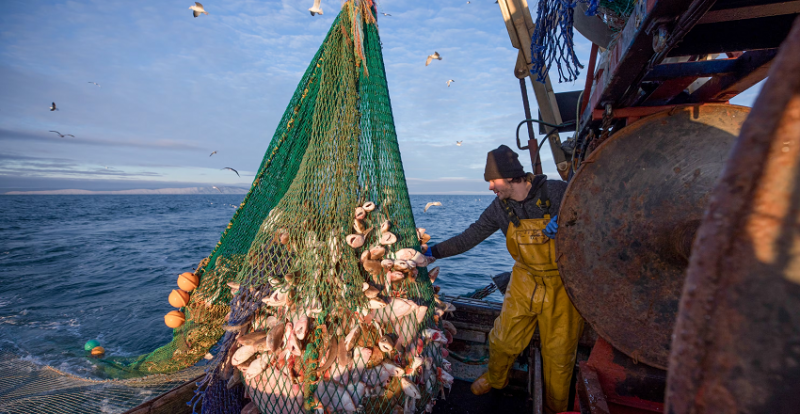
When fish are caught faster than they can reproduce, their numbers decline, disrupting the balance of marine ecosystems. This not only harms ocean life but also poses a serious threat to communities that depend on fish as a primary source of protein.
To ensure that fish populations remain sustainable, it's essential to have precise data on current fish populations and their potential for future growth. Fisheries scientists rely on advanced mathematical models to estimate these figures. However, a recent study published in Science raises significant concerns about the accuracy of these models.
The study examined 230 fisheries worldwide and discovered that many overfished species are in much worse condition than previously reported. This overestimation of sustainability has created a false sense of security, underscoring the need for immediate action to prevent further depletion of fish populations.
Troubling Findings
Sustainable fishing means ensuring that fish are caught at a rate that allows populations to reproduce and maintain their numbers. In areas that have been overfished, it’s critical to allow stocks to recover before further fishing takes place.
Scientists use computer models to determine sustainable catch levels. These models are based on various factors such as fish biology, breeding rates, catch history, and natural mortality rates.
The study involved analyzing data from 230 of the world’s largest fisheries, covering 128 species. These fisheries span regions across Australia, New Zealand, the United States, Europe, the United Kingdom, Canada, Argentina, and South Africa.
The researchers focused on the “biomass” of fish stocks – the total weight of fish in a population. If a fish stock drops to below 10% of its original biomass, it is considered to have collapsed.
For each fish stock, the team compared older data from past assessments to more recent models. The updated models, which incorporated newer data and improved techniques, provided a more accurate picture of fish populations. Shockingly, the older assessments were often overly optimistic about fish numbers.
While sustainably managed fish stocks were accurately assessed, overfished stocks were typically overestimated. In many instances, populations thought to be recovering were, in fact, continuing to decline. The study found that the number of collapsed fish stocks might be 85% higher than previously recognized.
The Complexity of Fish Stock Models
The discrepancies in fish population assessments stem from the complexity of the models used. These models incorporate numerous variables, and any errors can accumulate, leading to inaccurate estimates.
For example, in southern Australia, the population of jackass morwong (deep sea perch) was initially estimated at 4,680 tonnes in 2009, representing 22% of the original stock size. However, a revised model in 2014 suggested that the actual 2009 population was closer to 3,330 tonnes, indicating a depletion to 12% of the original population, not 22%.
These inaccurate estimates led to unsustainable fishing quotas, which further depleted fish stocks. In 2022, declining fish numbers prompted authorities to close several ocean areas to trawl fishing, aiming to protect the jackass morwong and other species. The government also allocated funds to reduce the number of active fishing permits.
This situation could have been avoided if accurate stock assessments had been made earlier, recognizing the true extent of the depletion.
The Way Forward
This research reveals that the global overfishing problem is far more severe than previously believed. To address this issue, scientists must work to improve the accuracy of fish stock models.
Additionally, fisheries management must adopt a more cautious approach to ensure the sustainability of fish populations worldwide. Protecting fish stocks is essential for maintaining healthy oceans and ensuring the long-term food security of human populations.